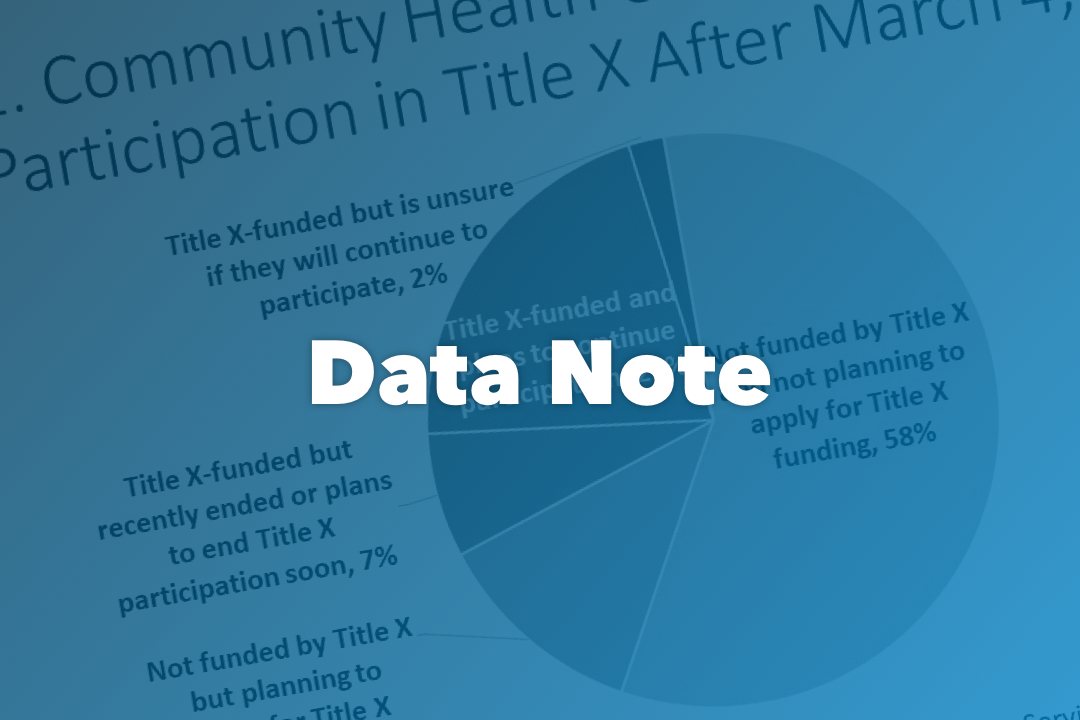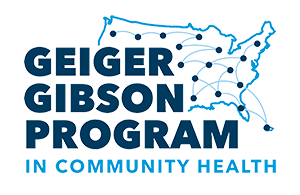Data Note
November 2023
Peter Shin, Rebecca Morris, Feygele Jacobs, and Leighton Ku
Background
This data note provides an updated estimate of the potential impact of Medicaid unwinding on community health centers, originally published in January 2023. The original projections were based, in part, on state-specific estimates of Medicaid losses in a December 2022 Urban Institute report which projected that about 18 million people would lose coverage over the full 14-month unwinding period. Our analysis adapted those estimates to estimate the impact of Medicaid unwinding on community health center (CHC) patients, revenue, capacity and staffing , using the 2021 Uniform Data System (UDS) reports.
This data note updates our January 2023 estimates by incorporating more recent data from the 2022 UDS report. Since community health centers served more Medicaid beneficiaries in 2022 than the prior year, the potential impact of Medicaid unwinding losses appears to be higher than projected earlier.
Two scenarios illustrate the potential consequences of the unwinding. Table 1 shows an upper range, with a 7% loss in health center revenue nationally associated with the loss of Medicaid. We project that 2.6 million health center Medicaid patients nationally could lose coverage once the full unwinding is completed. As the number of Medicaid-covered patients declines, health centers can expect to lose up to $2.8 billion in revenue, leading to sharp reductions in staffing and patient care capacity. The number of health center staff would decrease by nearly 20 thousand FTEs, while the total number of patients served by community health centers would be reduced by 2.14 million.
In a more conservative scenario in which some patients who lose Medicaid find other insurance coverage, overall health center revenue would decline by 4%. Table 2 shows that with a revenue decline at this level, health centers nationwide would employ 11.5 thousand fewer FTE staff, and serve 1.23 million fewer patients.
Medicaid unwinding officially began in April 2023 and states are gradually reporting actual losses. The Kaiser Family Foundation’s unwinding tracker reports that as of November 1, 2023, 10 million Medicaid enrollees had lost coverage, while 18 million had their coverage renewed. Actual losses have varied widely by state, related to differences in implementation across the states. Because the the data are lagged and actual state figures on Medicaid unwinding losses are still preliminary, we are not yet able to estimate CHC losses based on actual Medicaid unwinding losses. This report still relies on the December 2022 Urban Institute state estimates and accordingly, still represents a preliminary estimate of the impact on CHCs. We plan to provide further estimates in the future, as additional actual data become available.
The loss of Medicaid revenue due to unwinding could significantly weaken health centers’ ability to serve their patients, whether Medicaid or uninsured. The potential impact is particularly worrisome because FY 2024 funding for CHCs remains unsettled; Congress has not yet extended mandatory funding for CHCs, which expired on September 30, nor has it approved anything beyond a continuing resolution through November 17, 2023. In recent years, Congress approved temporary funding increases due to the COVID-19 pandemic, but those funds are not being continued. While a proposal in the Senate would bolster funding for primary care, including CHC funding, and a House bill would also provide some additional health center support, final decisions about CHC funding are unresolved. Furthermore, the analysis shows that while the losses vary across states, all states will be affected by revenue losses, potentially compromising both access and quality across the CHC network. CHC funding constraints could lead program capacity to shrink just as the numbers of uninsured are rising due to Medicaid unwinding. Without additional federal support, the loss of revenue due to Medicaid unwinding will harm CHCs’ ability to serve all patients, irrespective of insurance status. This analysis underscores the urgency of taking steps to mitigate losses in coverage and providing increased funding to support health centers in retaining essential community-based services.





